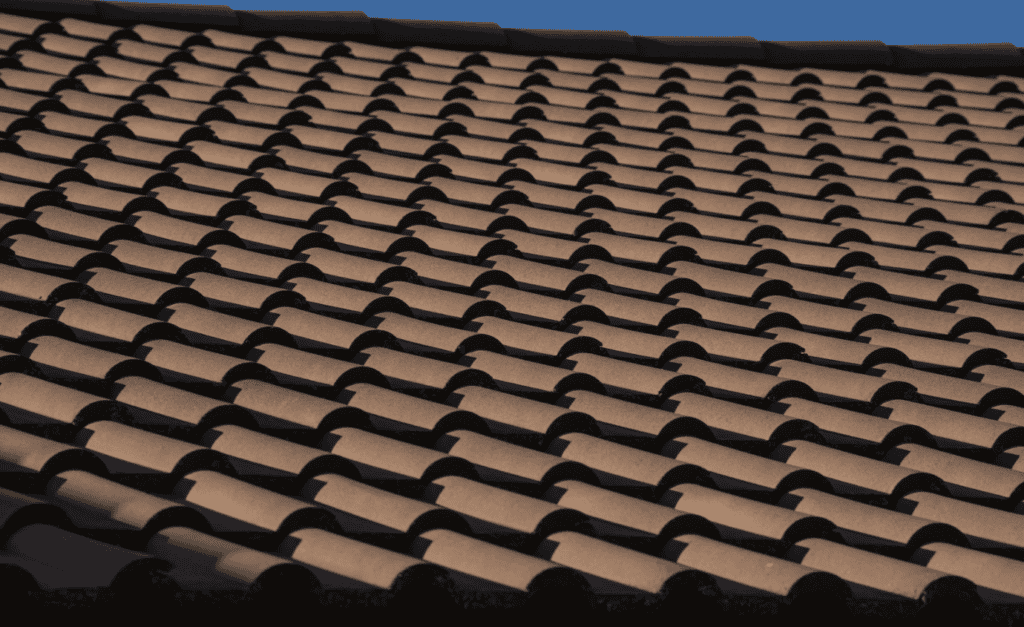Roofs are an integral part of any building, and their significance cannot be overstated in commercial structures. In commercial buildings, the type of roof is key to protecting assets and ensuring insulation, playing a significant role in the building's functionality and long-term integrity.
Table of Contents
Today, we'll delve into the various roofs commonly employed in commercial buildings, each type of roof with unique characteristics and advantages.

Metal Roofing
The recent surge in the popularity of metal roofing can be attributed to its excellent durability and longevity. Steel, aluminum, and copper, commonly used in commercial metal roofs, provide significant resistance to fire, wind, and pests, thus making them a favored option for commercial facilities in different climatic zones.
So, for businesses in Nashville looking to invest in metal roofing solutions, partnering with a reputable roofing contractor in Nashville is essential to ensure quality installation and long-term performance.

Flat Roof Systems
Flat roof systems are a prevalent choice for commercial buildings due to their simplicity and cost-effectiveness. As the name suggests, these roofs have a nearly horizontal inclination, making them suitable for large-scale structures.
They are typically constructed using materials like EPDM rubber, PVC, or TPO membranes, offering durability and ease of maintenance. Flat roofs also provide ample space for HVAC systems and solar panel installations, making them environmentally friendly options for commercial properties.
Sustainable Roofing Alternatives
In recent years, a growing emphasis on sustainability in commercial construction has led to the adoption of eco-friendly roofing alternatives.
Green roofs, for instance, involve cultivating vegetation atop the building structure, providing insulation, reducing stormwater runoff, and improving air quality.
Similarly, cool roofs utilize reflective materials to minimize heat absorption, reducing energy consumption and mitigating the urban heat island effect. These sustainable roofing options contribute to environmental conservation and offer long-term cost savings for commercial property owners.
Built-Up Roofing (BUR)
Built-up roofing, commonly called BUR, is a traditional yet durable system used in many commercial buildings. It consists of several alternating layers of bitumen and reinforcing agents like polyester or fiberglass.
Gravel or a mineral cap sheet is often applied to protect against UV rays and weathering. With their notable durability and resistance to foot traffic, BUR roofs are excellent choices for commercial locations with high pedestrian activity.
Single-Ply Membrane Roofing
Single-ply membrane roofing systems offer simplicity and versatility, making them popular for commercial buildings.
These roofing systems feature a single layer of a synthetic substance—such as EPDM, TPO, or PVC—attached to the roof substrate either by heat sealing or chemical bonding. Single-ply membranes resist UV radiation, ozone, and chemicals, ensuring long-term performance and low maintenance requirements.
Final Words About Choosing a Type of Roof
The type of roof used in commercial buildings is crucial in ensuring structural integrity, energy efficiency, and environmental sustainability. Each roofing option, from flat systems to metal solutions and sustainable alternatives, offers distinct advantages tailored to the particular needs of commercial buildings.
Gaining knowledge of the distinct characteristics and benefits of various roofing types can assist commercial owners in making decisions that will secure their investments and boost building performance for years to come.
FAQ: What Type of Roof is Used in a Commercial Building?
1. What are the common types of roofing used in commercial buildings?
- Commercial buildings utilize a variety of roofing systems tailored to their specific needs. Some common types include:
- Metal Roofing
- Flat Roof Systems
- Sustainable Roofing Alternatives
- Built-Up Roofing (BUR)
- Single-Ply Membrane Roofing
2. What are the characteristics of metal roofing in commercial buildings?
- Metal roofing offers exceptional durability and longevity, with materials like steel, aluminum, and copper providing resistance to fire, wind, and pests. It's a favored option for its reliability in various climatic conditions.
3. Why are flat roof systems popular in commercial buildings?
- Flat roof systems are popular due to their simplicity, cost-effectiveness, and suitability for large-scale structures. They offer durability, ease of maintenance, and ample space for HVAC systems and solar panel installations.
4. What are some sustainable roofing alternatives for commercial buildings?
- Sustainable roofing options include green roofs, which involve cultivating vegetation atop buildings for insulation and environmental benefits, and cool roofs, which minimize heat absorption and reduce energy consumption.
5. What is Built-Up Roofing (BUR), and why is it used in commercial buildings?
- Built-Up Roofing (BUR) consists of alternating layers of bitumen and reinforcing agents, offering durability and resistance to foot traffic. It's suitable for commercial locations with high pedestrian activity.
6. What are the advantages of Single-Ply Membrane Roofing in commercial settings?
- Single-Ply Membrane Roofing systems offer simplicity, versatility, and resistance to UV radiation, ozone, and chemicals. They ensure long-term performance and low maintenance requirements.
7. How can I choose the right roofing type for my commercial building?
- Consider factors such as durability, climate suitability, maintenance requirements, and environmental impact when selecting a roofing type. Consulting with roofing professionals can help determine the best option for your specific needs.
8. What are the benefits of gaining knowledge about different roofing types for commercial buildings?
- Understanding the distinct characteristics and benefits of various roofing types enables commercial property owners to make informed decisions that enhance structural integrity, energy efficiency, and environmental sustainability, ensuring long-term performance and cost savings.


